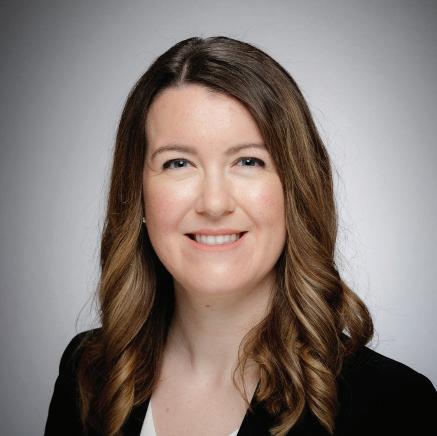
1 minute read
Materials Science & Engineering
Magdalena Laurien
Materials Engineering
Degrees Offered: MASc, PhD Entry Dates: September, January, May Admission Requirements: see page 31 Study Options: Full- or part-time for all degrees offered
Building strategically on our diverse expertise in materials, in collaboration with local and global partners, the Department of Materials Science and Engineering here at McMaster University is internationally recognized as a destination of choice, where students, scholars, alumni and employers partner in a journey of learning, discovery and innovation.
McMaster is engaged in leading edge material science and engineering research and has concentrated research groups that collaborate with international industrial sponsors including: • Canadian Centre for Electron Microscopy • Steel Research Centre • Centre for Automotive Materials and Corrosion
Areas of Research
STRUCTURAL, AUTOMOTIVE AND AEROSPACE MATERIALS Lightweight alloys, heat treating, thermomechanical processing, mechanical performance, galvanizing/coatings, corrosion performance
FUNCTIONAL MATERIALS AND NANOTECHNOLOGY
Electronic/magnetic materials, electrocatalysts, supercapacitors, energy materials (batteries/fuel cells), nanophotonics, 2-D materials, atomic-scale characterization
BIOMATERIALS
Osseointegration, bone applications in dentistry and orthopaedics, biomineralization
COMPUTATIONAL MATERIALS ENGINEERING/INFORMATICS Sensors, big data, artificial intelligence, multi-scale modelling, material discovery, image analysis, cluster analysis
Using high-powered microscopes, Kathryn Grandfield looks at how materials for joint replacement and dental implants attach to human tissue to create better quality devices that last longer inside the body. Grandfield credits her professors for helping to shape her future. She strives to do the same for her students.
Kathryn Grandfield
Associate Professor, Materials Science and Engineering








